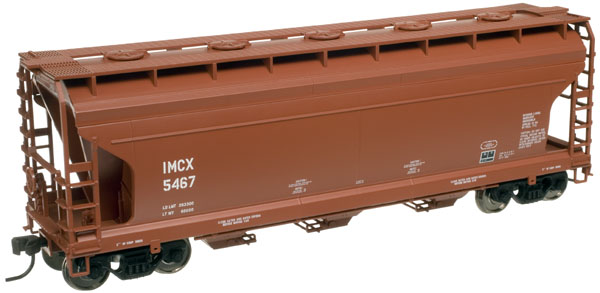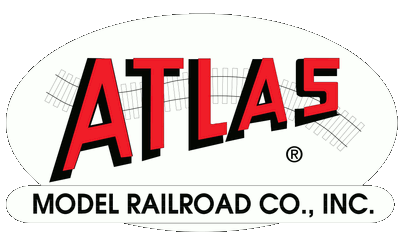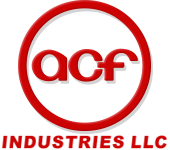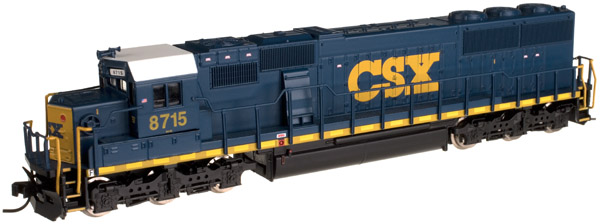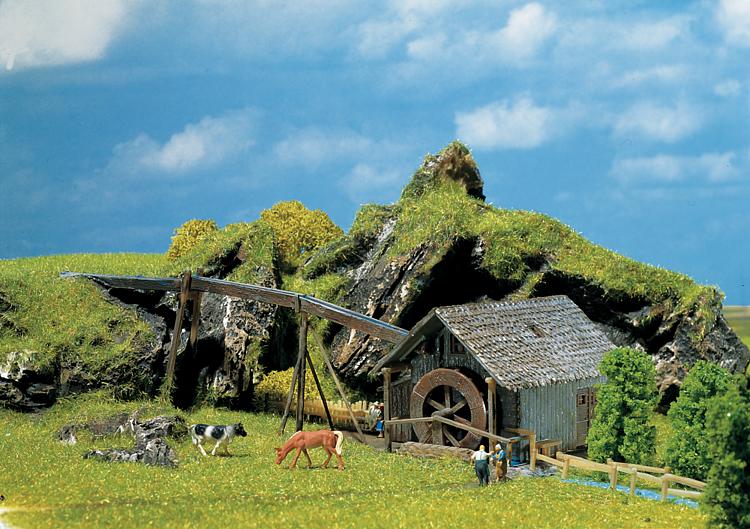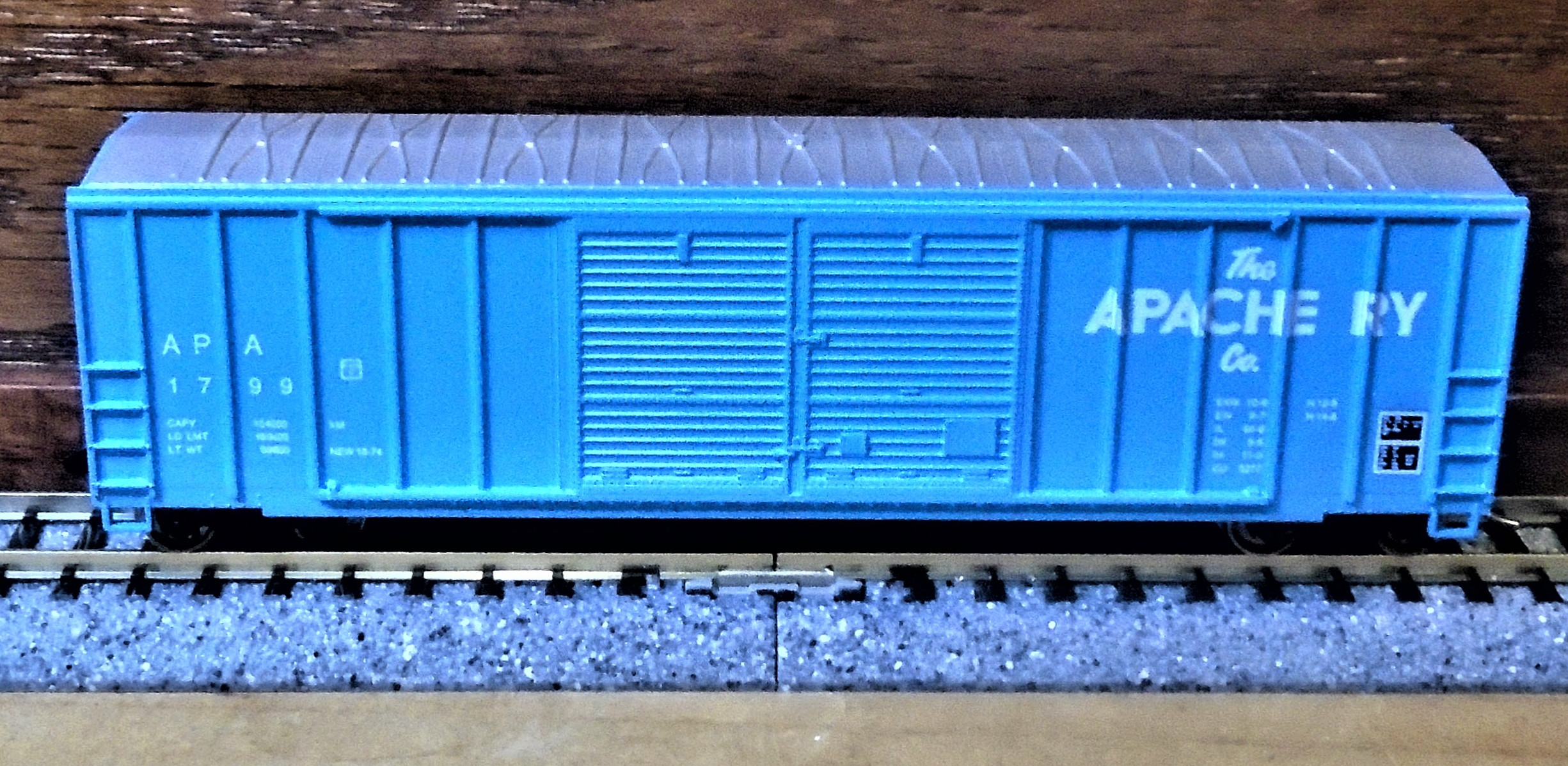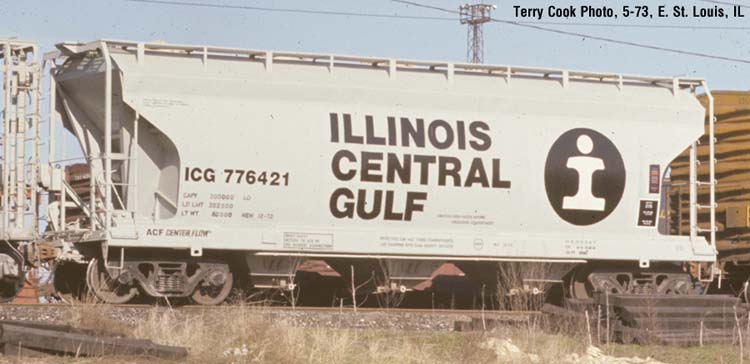Body Style Information: True scale dimensions with accurate details.
Weighted, detailed underframes.
Equipped with AccuMate® Knuckle Couplers.
Trucks equipped with free-rolling metal wheels.
Accurate painting and lettering.
Prototype Information: Covered hoppers such as these are used to transport any dry bulk material that you don't want exposed to the elements. Salt, fertilizer, some dry chemicals, and bauxite are common loads for this car. Over 200 were built from 1967 to 1972. The three-compartment ACF® 3560 Center Flow Covered Hopper was designed for the transport of high-density dry bulk ladings of 50 – 60 pounds per cubic foot. The 100-ton car was designed to fit into the smallest modern plate diagram dimensions, Plate B.
Road/Company Information: IMC Global (also known as International Minerals and Chemical Corporation) was a mining and production company, previously listed on the S&P MidCap 400. It was originally founded in 1909 as International Agricultural Corporation. In 2004, IMC Global merged with Cargill, Inc.'s crop nutrition division to form The Mosaic Company, a crop nutrition company.
IMC Global was incorporated as International Agricultural Corporation on June 14, 1909 by Walderman Schmidten in the state of New York. A native German, Schmidten moved to secure entire capital in mines from his home country; he was successful in doing so with the Kaliwerke Sollstedt Gewerkschaft. Phosphate and potash production facilities were acquired in Tennessee and Florida. Capital stock of the International Agricultural Corporation was originally fixed at $15 million in July 1909, but increased to $36 million by April 1911. As World War I broke out, demand for fertilizer declined while that for sulfuric acid skyrocketed. International Agricultural Corporation was the largest owner and distributor of phosphate in the United States by the 1920s.
Read more on Wikipedia and on the this website.
IMC Global was incorporated as International Agricultural Corporation on June 14, 1909 by Walderman Schmidten in the state of New York. A native German, Schmidten moved to secure entire capital in mines from his home country; he was successful in doing so with the Kaliwerke Sollstedt Gewerkschaft. Phosphate and potash production facilities were acquired in Tennessee and Florida. Capital stock of the International Agricultural Corporation was originally fixed at $15 million in July 1909, but increased to $36 million by April 1911. As World War I broke out, demand for fertilizer declined while that for sulfuric acid skyrocketed. International Agricultural Corporation was the largest owner and distributor of phosphate in the United States by the 1920s.
Read more on Wikipedia and on the this website.
Brand/Importer Information: In 1924 Stephan Schaffan, Sr. founded the Atlas Tool Company in Newark, New Jersey. In 1933 his son, Stephan Schaffan, Jr., came to work for his father at the age of sixteen. Steve Jr. built model airplanes as a hobby and frequented a local hobby shop. Being an enterprising young man, he would often ask the owner if there was anything he could do to earn some extra spending money. Tired of listening to his requests, the hobby-store owner threw some model railroad track parts his way and said, "Here, see if you can improve on this".
Atlas has made a ton of wonderful products throughout the years and we often get questions one whether we have run a certain road name on a particular model. It should be noted that Atlas locomotives and rolling stock are greatly appreciated for their superior operating and running characteristics. Atlas products are also well known for their outstanding collectability not only due to their superior prototypical workmanship, details and decoration, but because there are relatively so few of them made. Each and every production run has been carefully built to market demand, meaning almost every piece in any given run is sold out by Atlas on arrival or shortly thereafter, thus creating a built in collectors market.
Atlas has made a ton of wonderful products throughout the years and we often get questions one whether we have run a certain road name on a particular model. It should be noted that Atlas locomotives and rolling stock are greatly appreciated for their superior operating and running characteristics. Atlas products are also well known for their outstanding collectability not only due to their superior prototypical workmanship, details and decoration, but because there are relatively so few of them made. Each and every production run has been carefully built to market demand, meaning almost every piece in any given run is sold out by Atlas on arrival or shortly thereafter, thus creating a built in collectors market.
Item created by: devsummers428 on 2020-01-15 12:49:07
If you see errors or missing data in this entry, please feel free to log in and edit it. Anyone with a Gmail account can log in instantly.
If you see errors or missing data in this entry, please feel free to log in and edit it. Anyone with a Gmail account can log in instantly.


